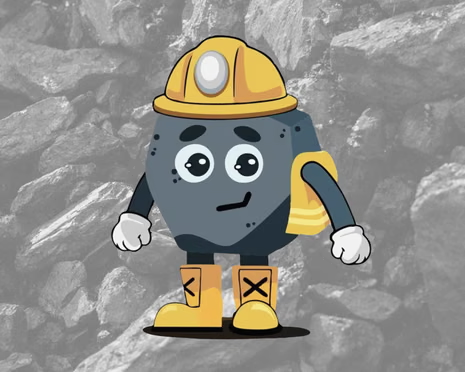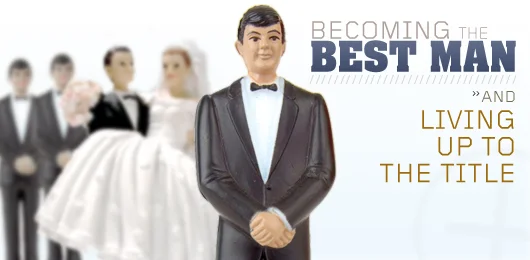Earlier this week, someone accused me of taking a position on an issue that I didn’t fully understand and suggested that I was acting like a blind man in the blind men and the elephant parable.
It’s not the first time someone has used this parable against me when suggesting that I’m taking a position on an issue that I don’t understand.
In case you don’t know the parable, it goes something like this:
A group of blind men heard that a strange animal, called an elephant, had been brought to the town, but none of them were aware of its shape and form. Out of curiosity, they said: “We must inspect and know it by touch, of which we are capable”. So, they sought it out, and when they found it they groped about it. In the case of the first person, whose hand landed on the trunk, said “This being is like a thick snake”. For another one whose hand reached its ear, it seemed like a kind of fan. As for another person, whose hand was upon its leg, said, the elephant is a pillar like a tree-trunk. The blind man who placed his hand upon its side said the elephant, “is a wall”. Another who felt its tail, described it as a rope. The last felt its tusk, stating the elephant is that which is hard, smooth and like a spear.

The parable suggests that you can’t know a thing unless you know the whole of the thing, and while I agree in principle, I don’t agree in practice. Yes, it’s true that it’s hard to understand something without understanding all or most of it, but I don’t think that my lack of knowledge or understanding should preclude me from staking a position, for two reasons:
-
It’s impossible to always know what we don’t know. I may think I have an understanding of an issue, only to learn later that I do not. This is not a terrible thing. It’s known as learning. I can’t be blamed for believing that I had enough facts to draw a conclusion, because you can’t always know what you don’t know.
-
In the instances when this blind men and the elephant parable has been lobbed at me, I’m simply stating an opinion. Taking a stand. I’m not enacting policy. I’m not making an important decision. I’m not choosing a course for myself or others. I’m simply staking out an intellectual position and, as always, inviting criticism, agreement, and inquiry. I don’t think there’s anything wrong with someone taking a position on an issue they may not understand fully if they do so with an open mind, an open heart, and a willingness to be corrected by someone with greater expertise.
This is not easy for everyone to accept. I’ve been told many times that commenting, evaluating, assessing, or even judging things that I don’t fully understand is wrong, foolish, and even offensive. It’s been suggested many times that I am opinionated, argumentative, pugnacious, and aggressively contrarian.
They say these things as if they are bad. They say them as if those words possess negative connotations.
Yes, I’m all those things. Absolutely. But in being all those things, I also openly invite correction. Retort. Argument.
I am happy to be the old man, feeling the elephant’s tail and thinking it a thick snake because the alternative is either remaining silent or reaching a level of expertise before ever opening my mouth.
I can’t remain silent. That’s just not me.
And I can’t always reach a level of expertise because, again, you can’t know what you don’t know.
If I’m wrong, tell me I’m wrong. Engage in debate. Teach me something new. Increase my level of expertise.
But please don’t suggest that I remain silent until I know enough. Just tell me what I don’t know.





